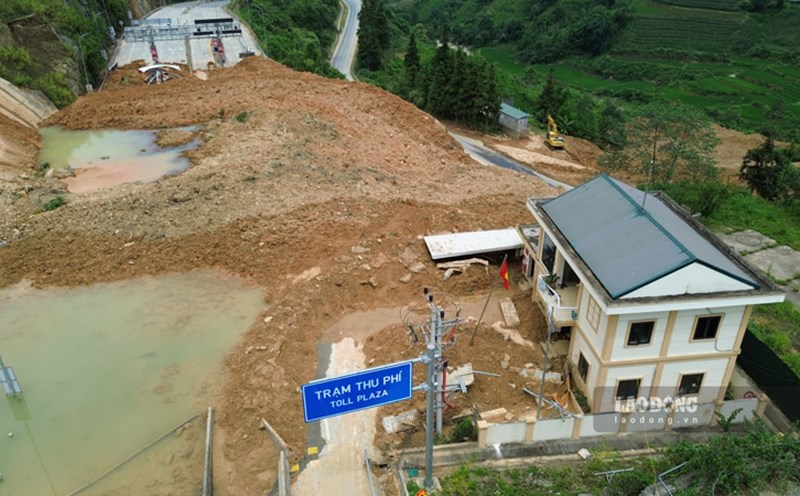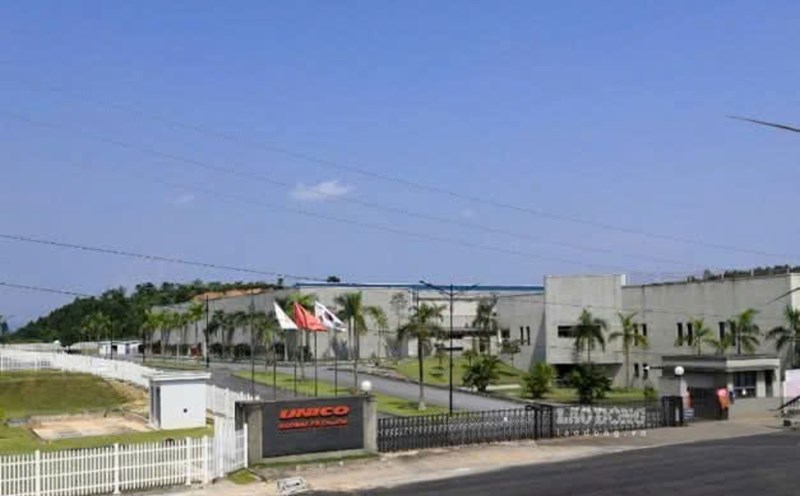Under the agreement, Japan agreed to a counterpart tax of 15% on exports to the US and committed to investing 550 billion USD in the US economy.
The announcement was announced by President Donald Trump on the social network Truth Social, emphasizing that "the US will receive 90% of the profits" from this agreement, and said that Japan has agreed to open the market in the fields of automobiles, trucks, rice, agricultural products and many other fields.
Trump insists the deal will create hundreds of thousands of jobs for the US people.
This is a surprising development when just a few weeks ago, Mr. Trump threatened to impose a tax of up to 25% on Japanese goods exported to the US from August 1. Previously, on April 2, during the "Tax released Day" campaign, Mr. Trump also announced a 24% tax rate for countries that "do not comply with fair trade".
Notably, Japanese automobiles exported to the US are subject to a duty of 25%, equivalent to other countries. This is an important economic pillar of Japan, accounting for 28.3% of total export turnover in 2024 - according to Japanese customs data.
Chief economist Brian Jacobsen from Annex Wealth Management commented: A year ago, the 15% tax rate was shocking. But today, we feel relieved.
Mr Trump's statement came just days after Japanese Prime Minister Shigeru Ishiba and the ruling coalition lost their majority in the Senate in the midterm election. This development raises concerns about Tokyo's weak ability to negotiate against Washington.
In that context, HSBC Bank assessed in a note on July 21 that: For Prime Minister Ishiba, a favorable trade deal with the US could help him avoid a no-confidence vote or a challenge within the Liberal Democratic Party (LDP).
Ishiba himself has said he will continue to be the Japanese prime minister despite his failure in the Senate, but Japan's Yoimuri newspaper on July 22 quoted an insider as saying he is reconsidering his political future, and the final decision could depend on the progress of tariff negotiations with the US.











